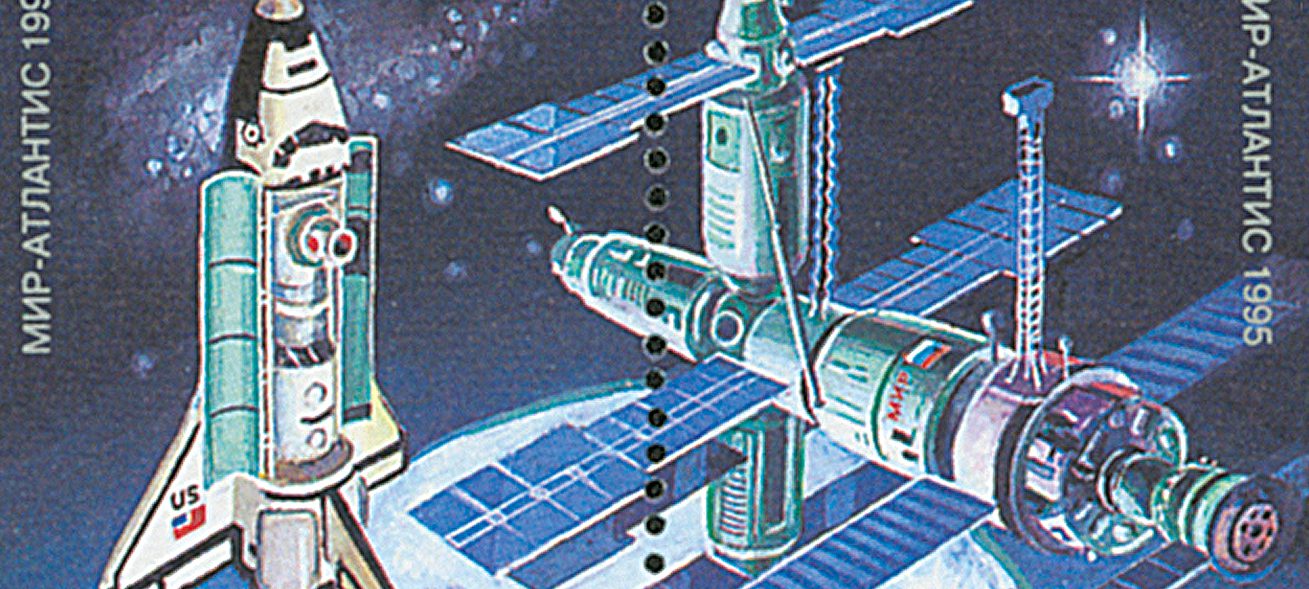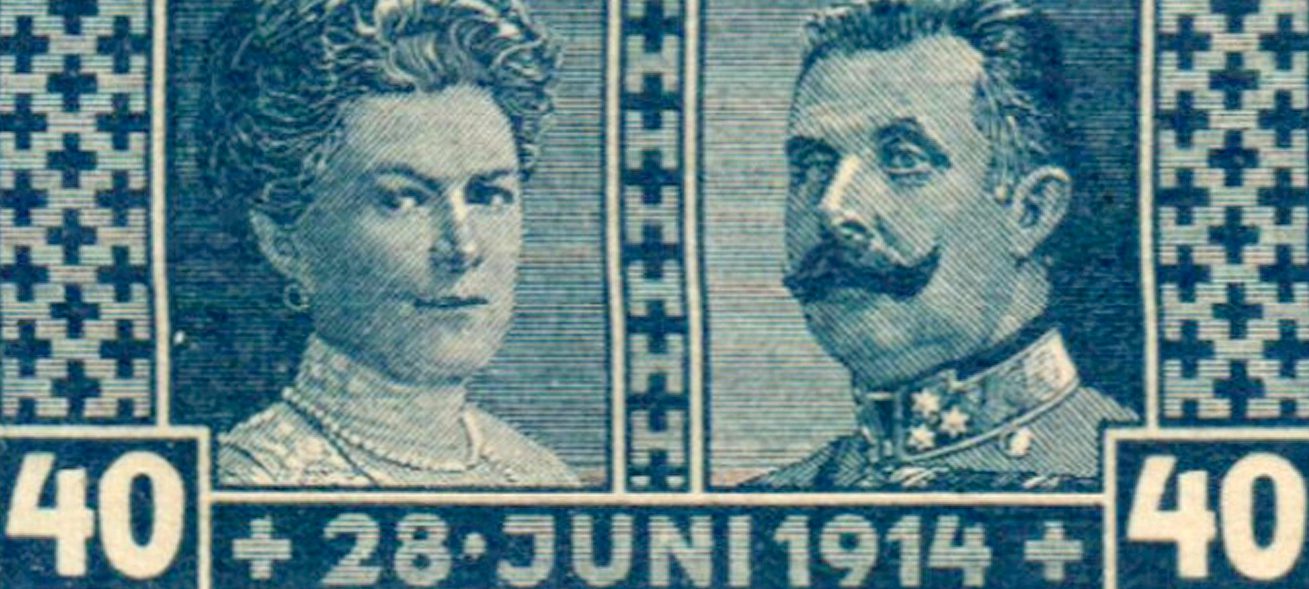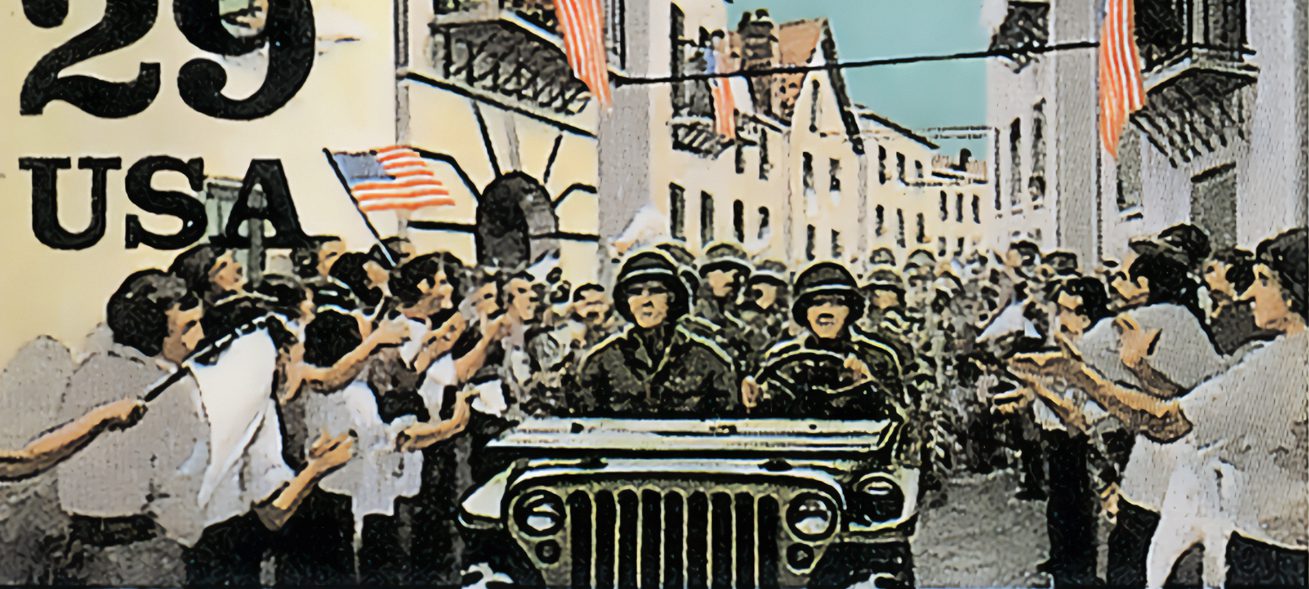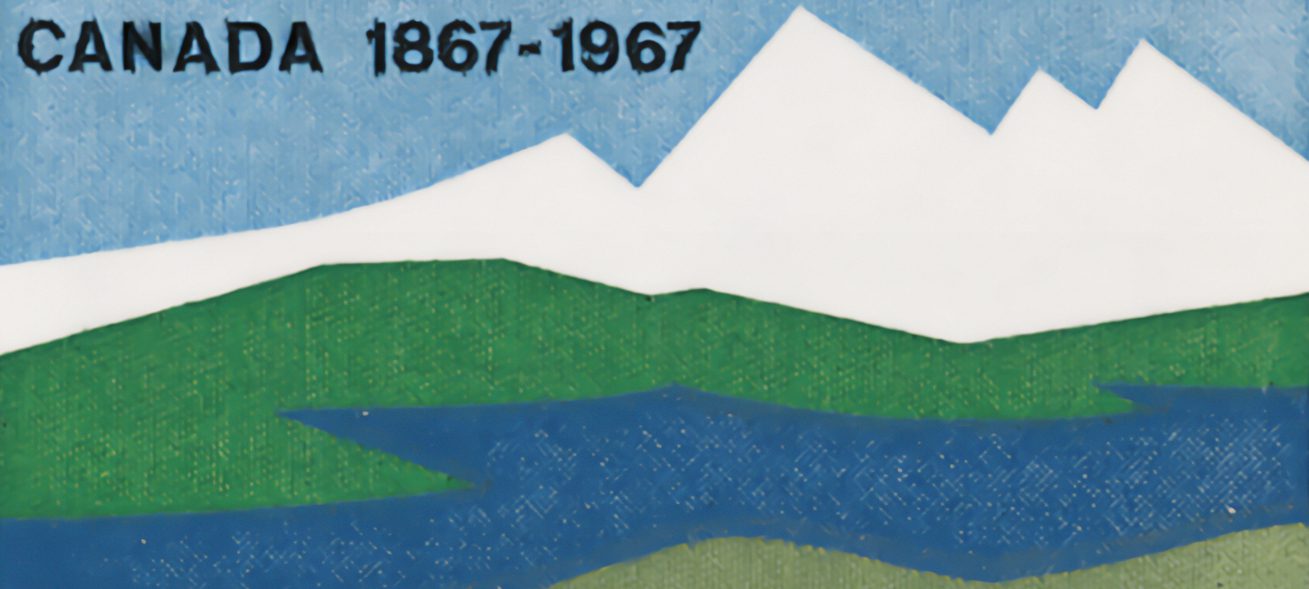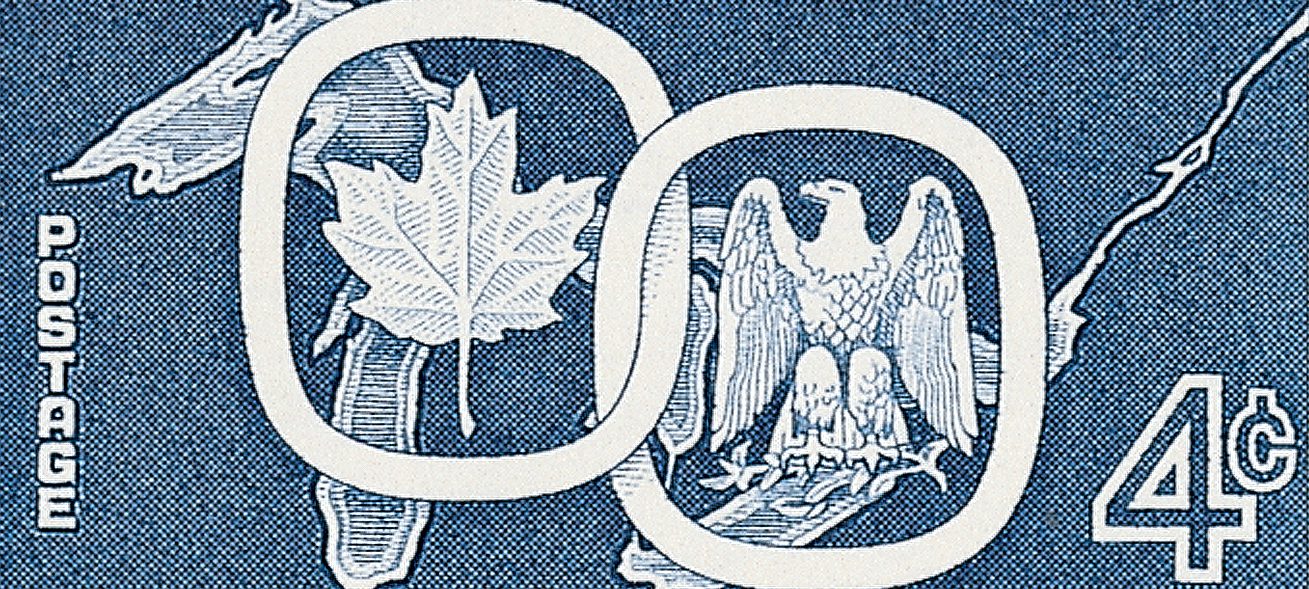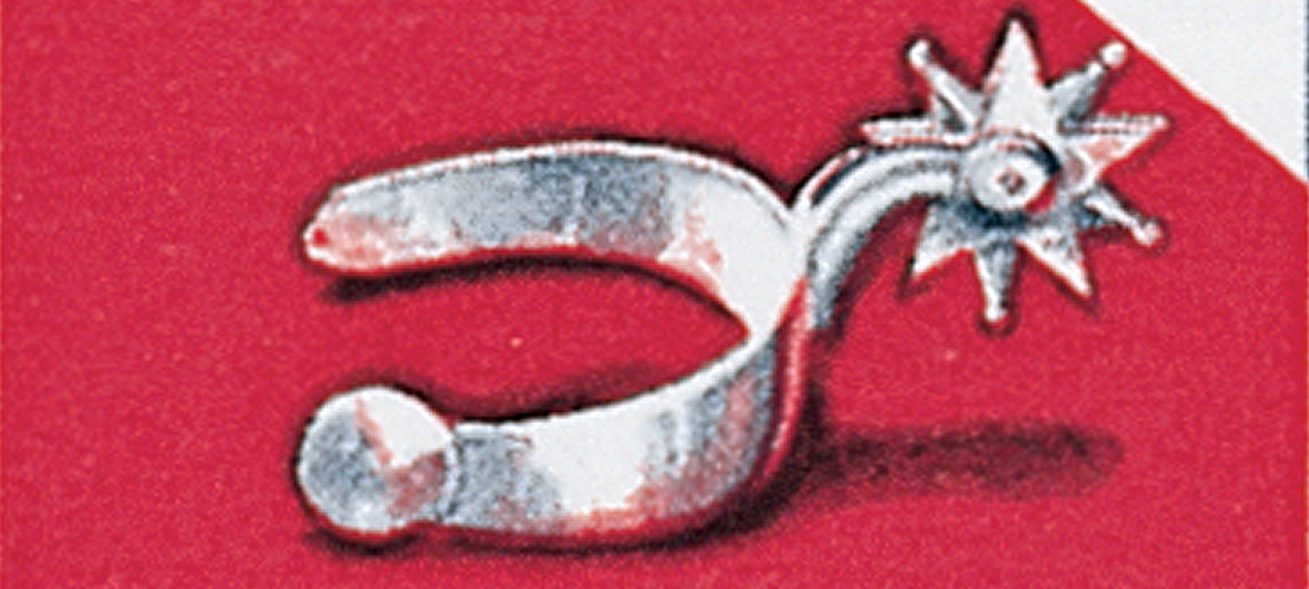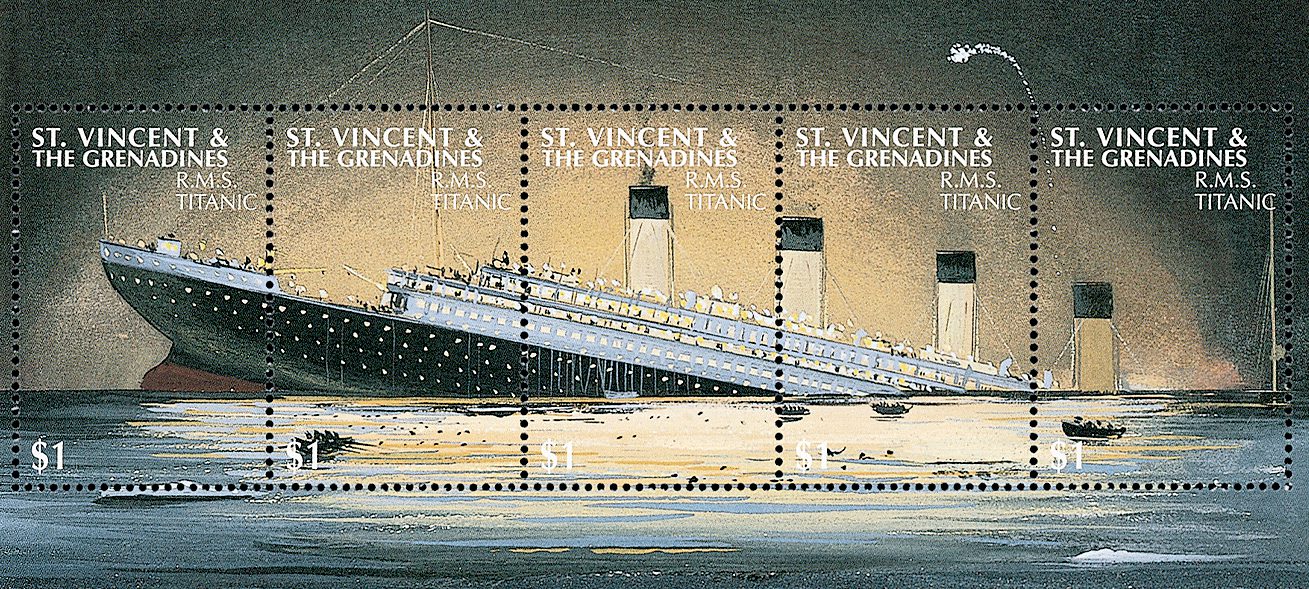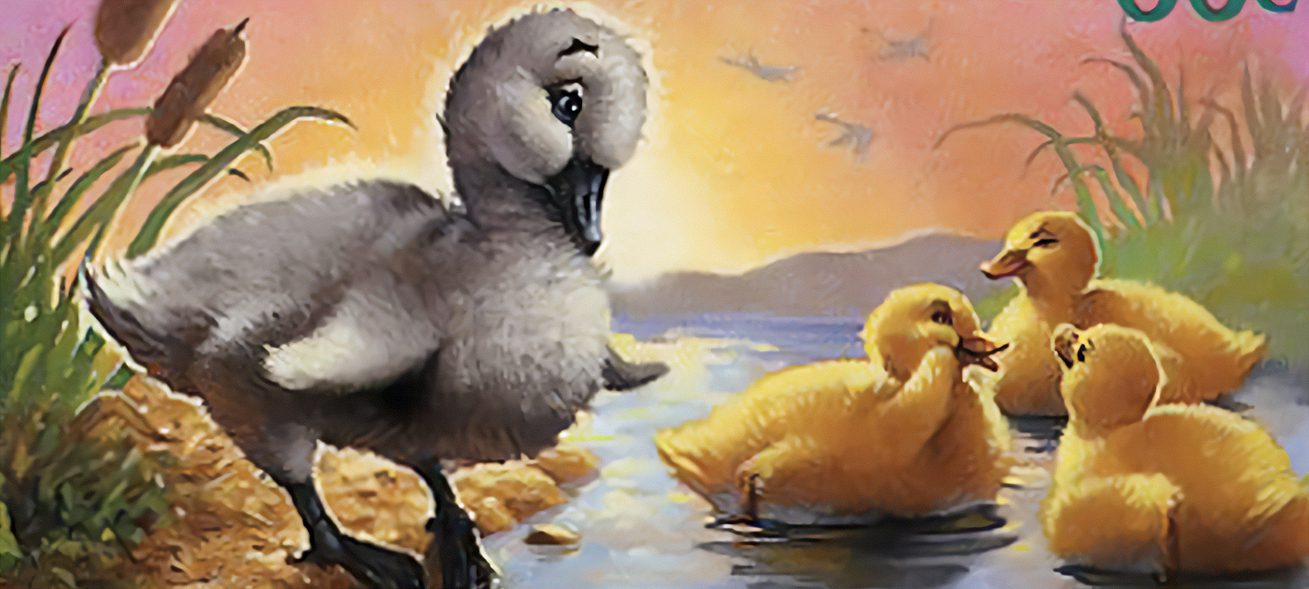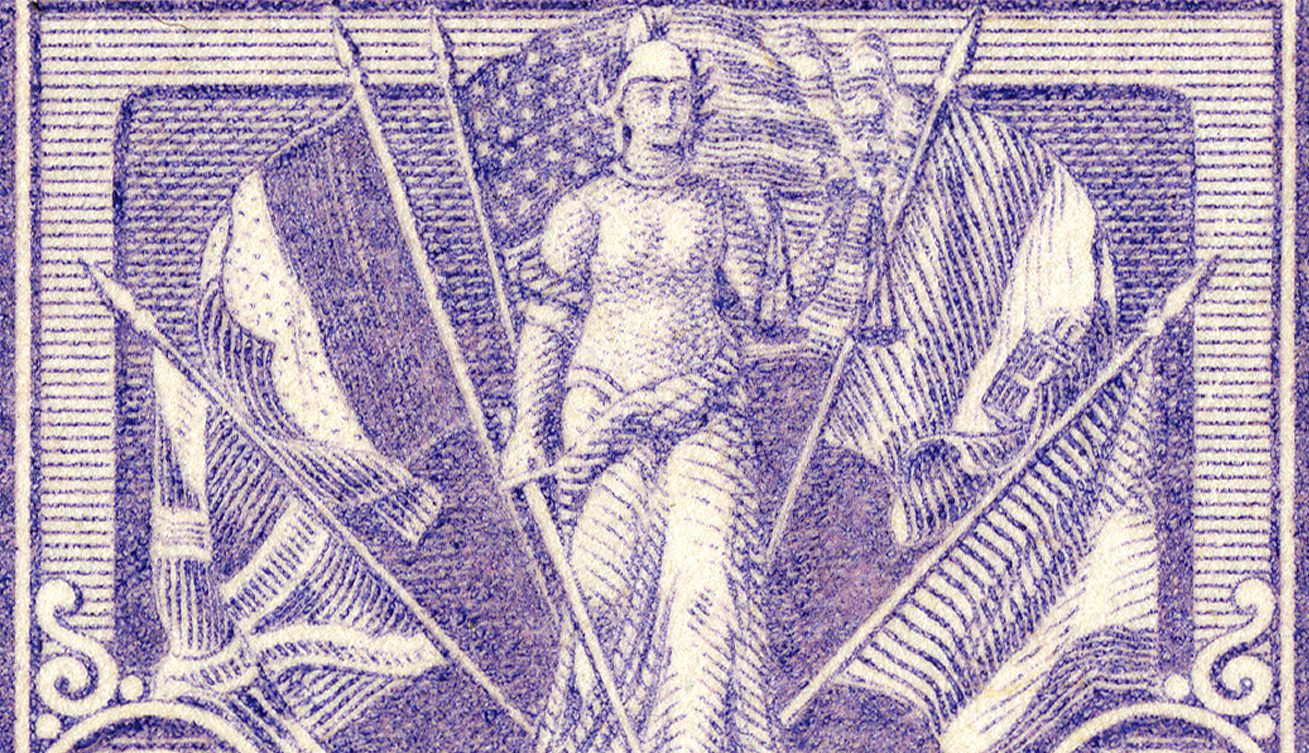First US Space Shuttle Docking to Mir
On June 29, 1995, the US Space Shuttle Atlantis docked the Russian space station Mir for the first time. The mission, STS-71, was the third in the US/Russian Shuttle-Mir program. It began on June 27, 1995, when the Atlantis launched from Kennedy Space Center in Florida. This was the 100th US human space launch from Cape Canaveral.

